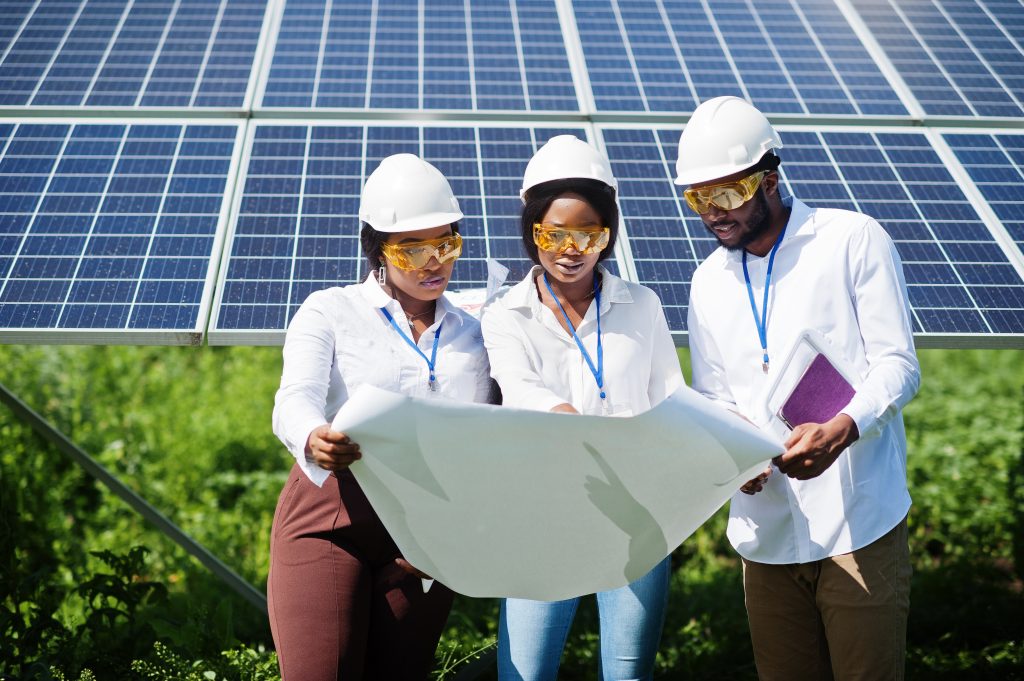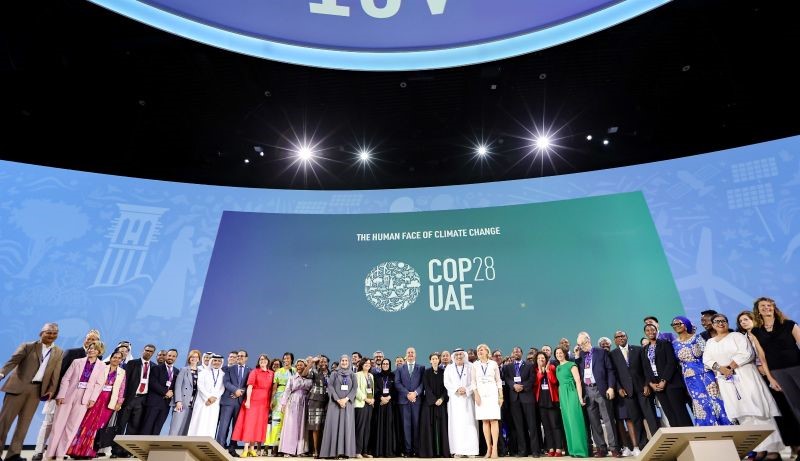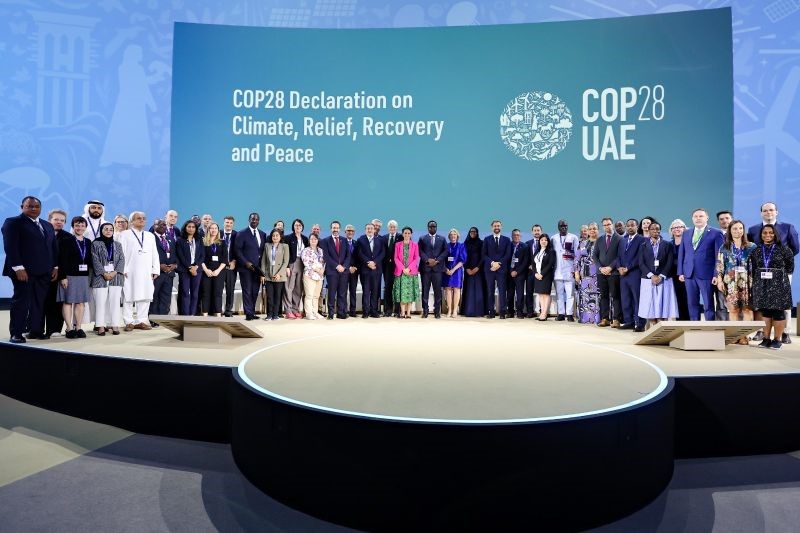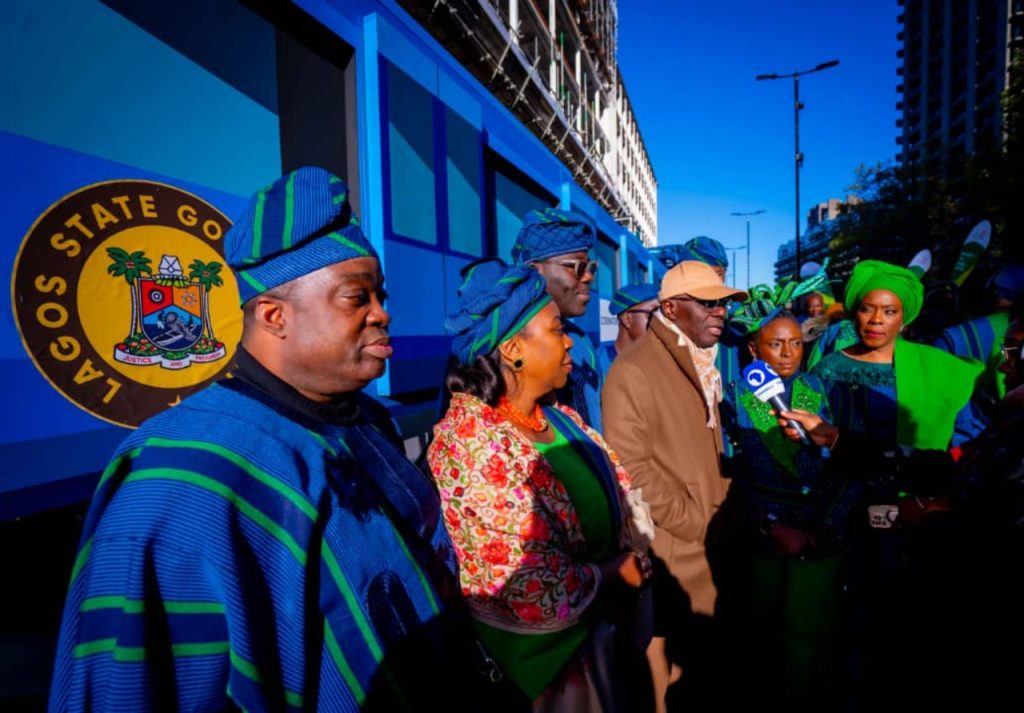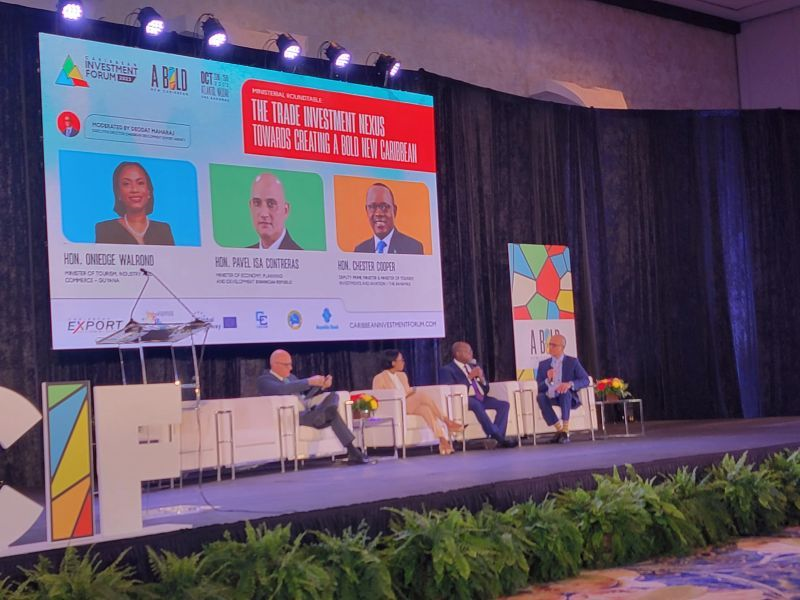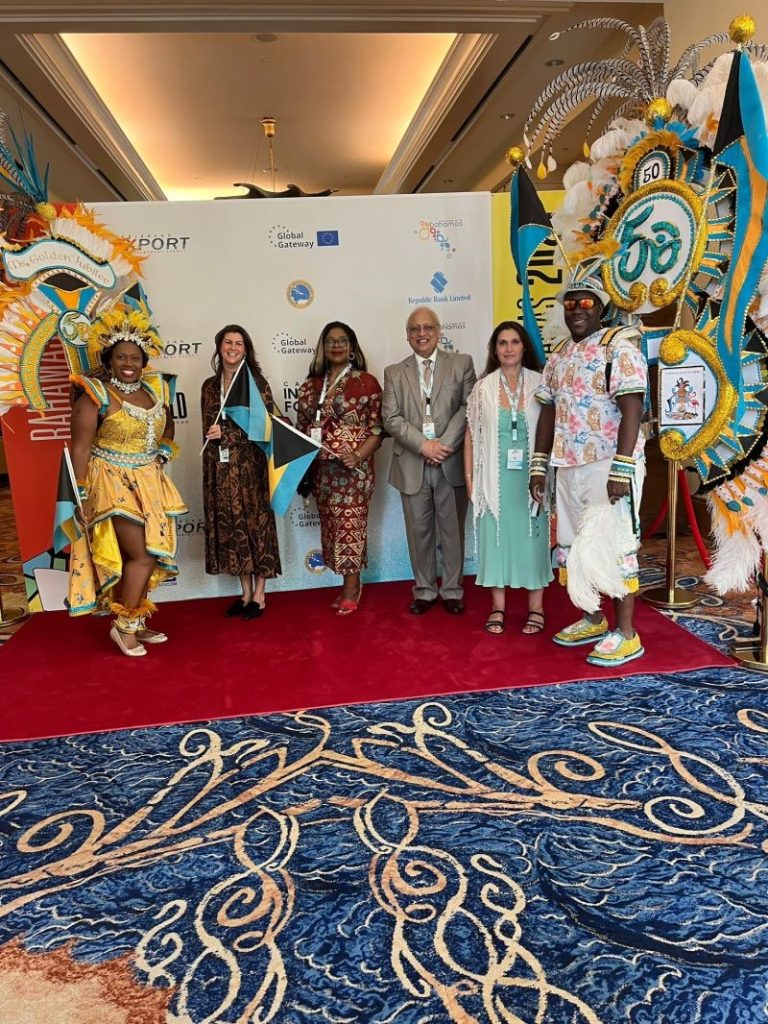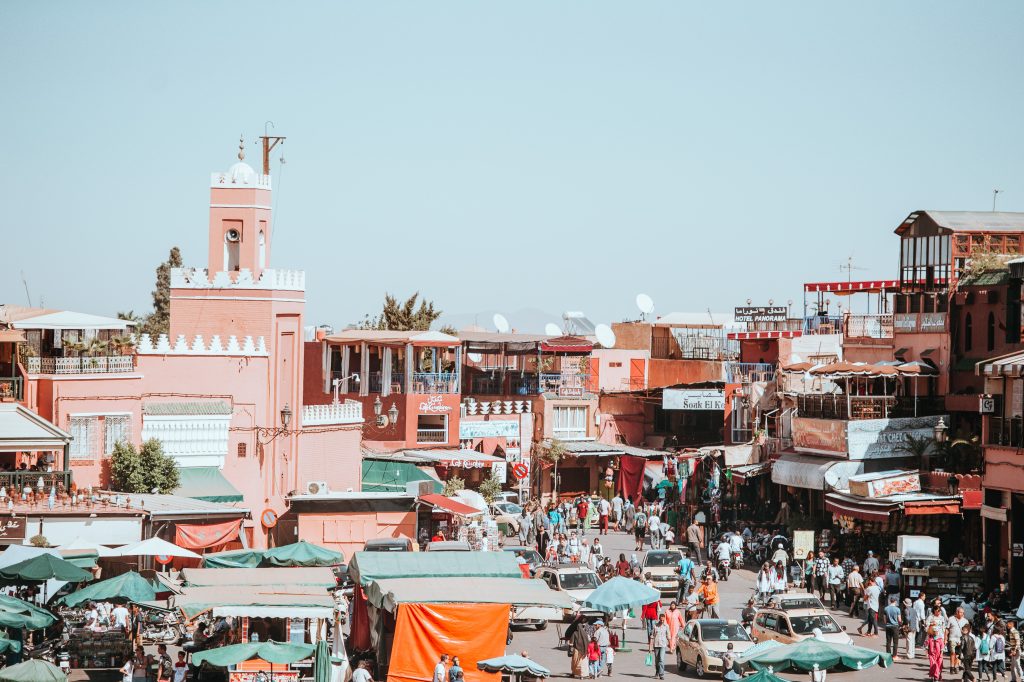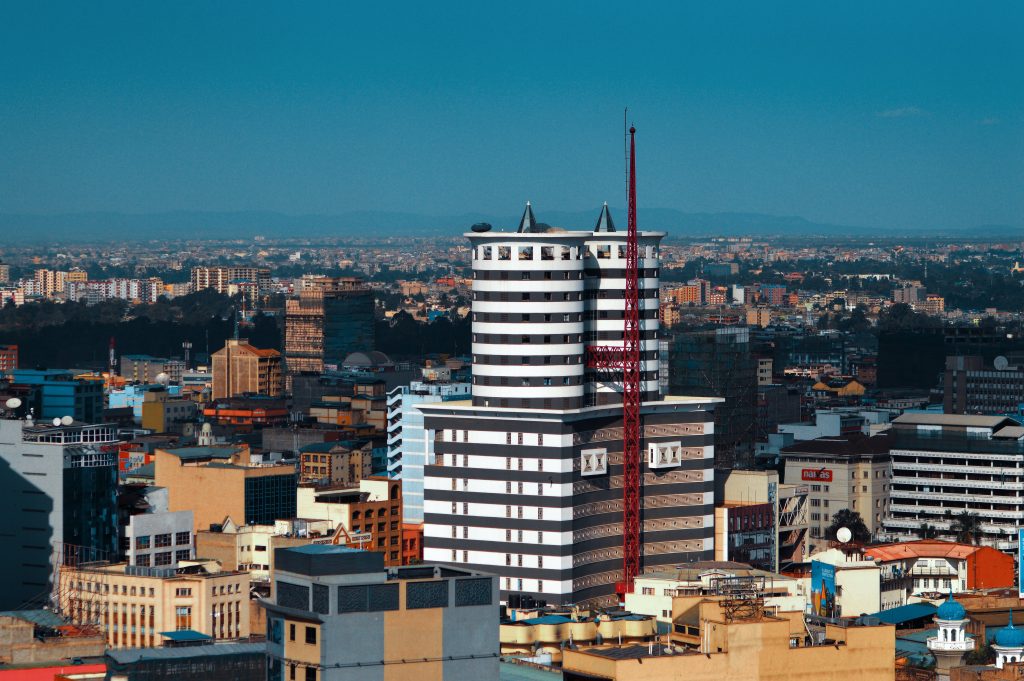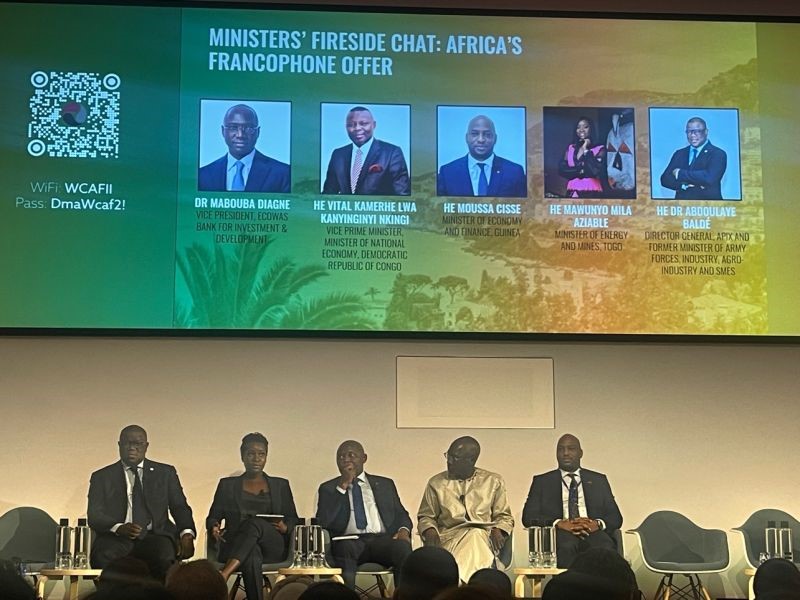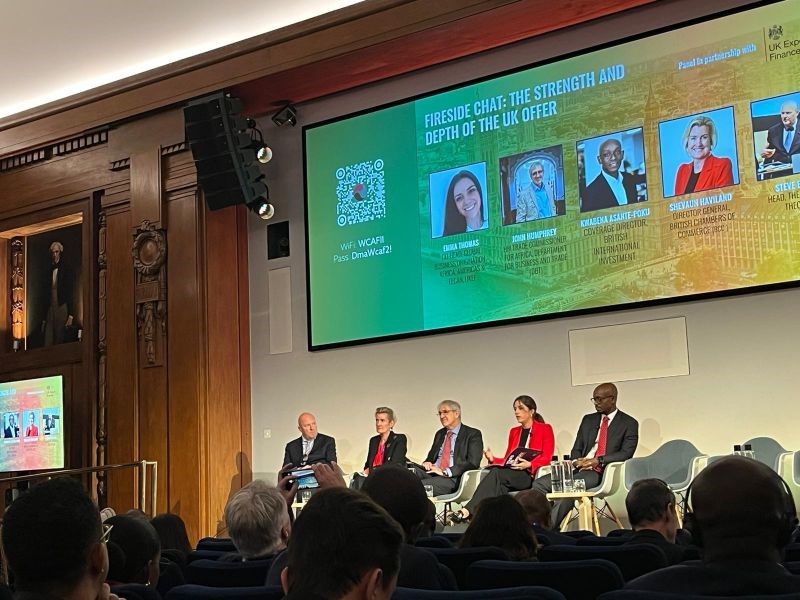On Sunday, January 28, 2024, the military governments of Burkina Faso, Mali, and Niger jointly announced their exit from the Economic Community of West African States (ECOWAS) with immediate effect. The planned exit will see the number of countries that make up the West African Economic Bloc shrink to 12.
Widely seen as West Africa’s top political and regional authority, the 15-nation bloc of ECOWAS was formed in 1975 to “promote economic integration” in member states. However, in recent years, the organisation has struggled to reverse rampant coups in the region, with citizens complaining of not benefiting from the abundant natural resources in the region.
In the joint communiqué, the three Sahel countries said the bloc has not offered significant support to their countries’ fight against insurgency and terrorism, which has led to the loss of lives and rendered millions of their citizens homeless.
There has been widespread concern about the political and economic implications of the countries’ planned exit on the region’s fragile peace and development. The potential impact of the exit spans various sectors reliant on regional trade, supply chains, and international business within the region.
In addition to being founding members of the 49-year-old West African organisation, the three countries are also part of the Sahel region of Africa, which is adjudged to be potentially one of the richest regions in the world due to its abundant human, cultural, and natural resources, as well as its youthful population, yet among the poorest in the world.
How easy can the exit be for the Sahel trio?
Article 91 of the ECOWAS Treaty of 1975 requires “Member States wishing to withdraw from the community to give the Executive Secretary one year’s written notice.” While the immediate withdrawal as announced by the joint military government may not be feasible as a result of the countries being signatories to the ECOWAS Treaties, if the exit happens, beyond the political implications, this may have an impact on the future of trade in the region and the continent.
In a recent discussion with leading pan-African news outlets CNBC Africa and Channels Television, ETK Managing Director Bolaji Sofoluwe provided expert insights on the potential trade disruptions and supply chain complexities resulting from this exit and the broader implications.
Key Insights from Bolaji’s Discussions:
- There is a need for clarity on what the three countries are withdrawing from, as there are numerous infrastructures that bind ECOWAS together as a regional bloc.
- The decision to exit ECOWAS by the three countries should not only be based on political sentiment since the countries are landlocked countries that depend on infrastructure in neighbouring countries to trade with the rest of the world.
- The exit may have an impact on commodity prices if the three countries continue to transport their goods through other ECOWAS member countries, and they may find themselves in extreme economic isolation.
- Africa is going through strategic integration in terms of trade and development. The exit of the three countries would mean decoupling the continent, and this would pose a significant setback to the ongoing integration of Africa being achieved through the AfCFTA.
- African leaders need to have an honest conversation with each other to stop external interventions in the continent’s affairs and formulate policies that suit the people of Africa.
Impact on Borderless Africa
The Borderless Africa campaign had a target to achieve an Africa where Africans can move around their continent without the current restrictions or visa requirements, as well as for better trade, integration, and development.
The ECOWAS Protocol on the Free Movement of Persons, Residences, and Establishments allows nationals of member nations, including Niger, Burkina Faso, and Mali, to enter member countries without a visa. According to the 2023 Africa Visa Openness Report, 97% of ECOWAS country-to-country travel routes require no visa for regional individuals. Because people of the three Sahel states trade with West African countries and other nations, they are likely to lose these rights, unless they are protected by separate bilateral agreements. In addition, if the trio leave ECOWAS, the remaining members may begin to levy import duties or require visas from their citizens.
Impact on Trade Relations and Economic Integration
The landlocked countries of Niger, Mali, and Burkina Faso are among the poorest on the continent; however, if the secession move by these landlocked countries is carried out, it’ll undoubtedly disrupt the region’s trade and service flow. In 2022, total trade volumes, including imports and exports, from the ECOWAS region to the rest of the world totaled $277.22 billion, according to data from the region’s Trade Information System (ECOTIS) portal. Total exports from ECOWAS were worth $131.36bn. Burkina Faso’s contributed $4.55 billion out of this number; Mali exported $3.91 billion worth of goods; and trade with the rest of the world accounted for $446.14 million. Mali’s imports were worth $6.45bn, Burkina Faso $5.63bn, and Niger $3.79bn. While the economies of the three countries account for just 8% of ECOWAS GDP, withdrawing from ECOWAS may amount to the countries condemning themselves to economic isolation.
Setbacks on the AfCFTA
Africa is undergoing profound changes as the region becomes more integrated, accelerated by the African Continental Free Trade Area (AfCFTA). The full implementation of the AfCFTA agreement is projected to increase real incomes by 7%, or nearly $450 billion.
In addition to the economic impact of the announced withdrawal, it also poses a significant challenge to the African Continental Free Trade Area (AfCFTA). The regional economic blocs are the pillars of the African Continental Free Trade Area (AfCFTA). The shrinking of ECOWAS is likely to weaken the pillars of the AfCFTA.
Laudable innovations such as the proposed Eco currency, a centralized currency for the region, and the Pan-African Payment and Settlement System (PAPSS), the centralized payment and settlement system for intra-African trade in goods and services, would be affected by the exit. Also, the progress made with AfCFTA in terms of trade and movement of people would be slowed down by the withdrawal of the three countries.
While both parties are likely to be affected by the announced exit, there is still room for proactive strategies to mitigate the fallout. The military governments and ECOWAS need to explore realistic avenues for regional cooperation, international diplomacy, and innovative business solutions capable of putting an end to this unprecedented situation.

